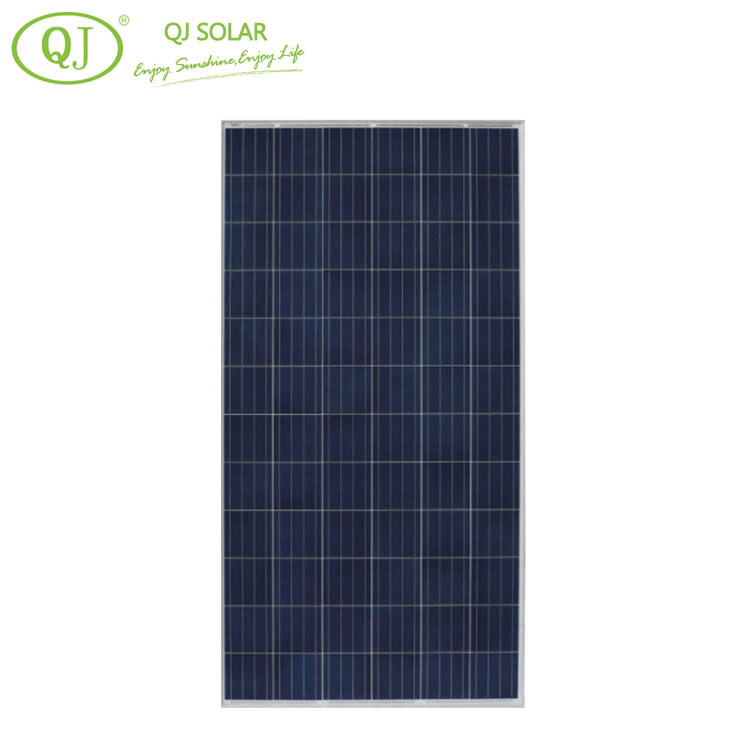Key features and details about polycrystalline solar modules
2023-10-20
Polycrystalline solar modules, also known as polycrystalline solar panels or polycrystalline photovoltaic (PV) modules, are a type of solar panel used to convert sunlight into electricity. They are constructed using solar cells made from polycrystalline silicon, which is less expensive to produce than monocrystalline silicon. Here are some key features and details about polycrystalline solar modules:
1. Material: Polycrystalline solar modules are made using solar cells composed of polycrystalline silicon. These cells are created from multiple crystal structures, making them less expensive to manufacture than monocrystalline cells.
2. Efficiency: Polycrystalline solar modules are generally less efficient in converting sunlight into electricity compared to monocrystalline modules. However, advancements in technology have improved their efficiency over the years, and they remain a cost-effective option.
3. Appearance: Polycrystalline solar modules typically have a bluish color and a less uniform appearance than monocrystalline modules. They often have a mosaic-like appearance due to the presence of multiple crystal structures.
4. Space Efficiency: Polycrystalline modules may require more space to generate the same amount of electricity as monocrystalline modules with higher efficiency. Therefore, they are sometimes not as space-efficient.
5. Durability: Polycrystalline solar modules are known for their durability and longevity. They are typically encased in tempered glass and have sturdy aluminum frames, making them resistant to weather and wear.
6. Temperature Tolerance: Polycrystalline modules perform reasonably well in high-temperature environments, making them suitable for various climates.
7. Energy Output: The energy output of polycrystalline solar modules can be affected by shading and obstructions, similar to monocrystalline modules. Installing them in areas with maximum sun exposure is important for optimal performance.
8. Cost: Polycrystalline solar modules are generally less expensive to produce and purchase than monocrystalline modules. They offer a good balance between cost and efficiency.
9. Applications: Polycrystalline solar modules are used in residential rooftop installations, commercial buildings, solar farms, and off-grid systems where cost-effectiveness and durability are priorities.
10. Warranty: Manufacturers typically offer warranties ranging from 10 to 25 years for polycrystalline solar modules, ensuring their performance and durability over time.
Polycrystalline solar modules are a popular choice for individuals and businesses looking to harness solar energy while keeping costs in check. They are especially suitable for installations with ample available space where the slightly lower efficiency is not a significant concern. When choosing solar panels for a specific application, it's essential to consider factors such as budget, available space, energy needs, and climate conditions. Polycrystalline modules offer a reliable and cost-effective option for a wide range of solar installations.



